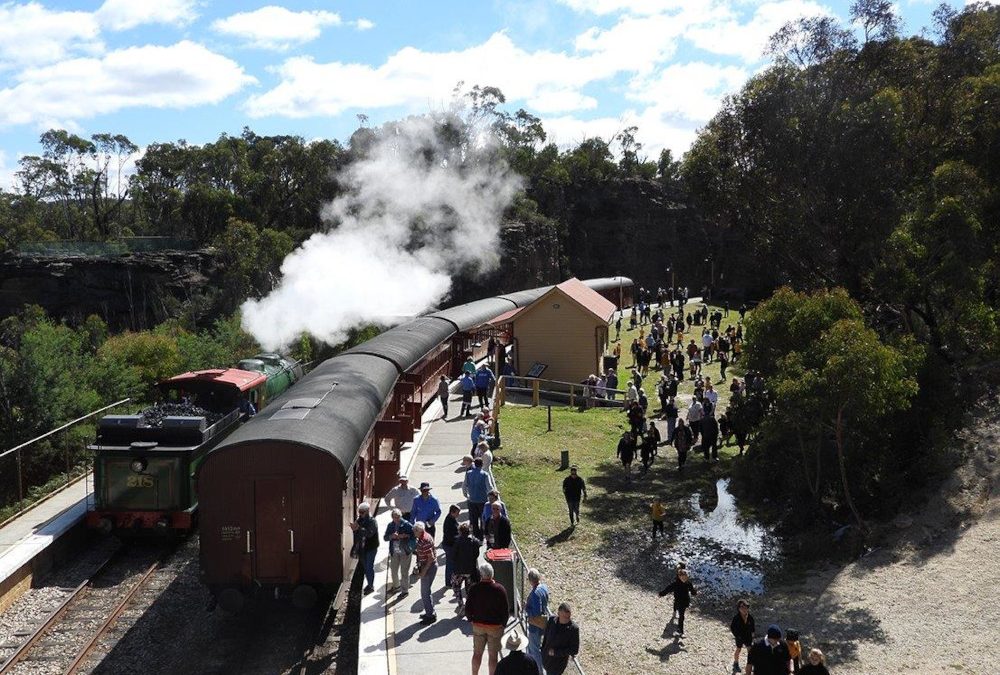Results at a glance:
■ Tasmanian farmer confidence has risen, thanks to strong beef and dairy prices and favourable winter conditions
■ Concern is growing however about the impact of COVID-19 on markets, especially among sheep and wool producers
■ Tasmanian on-farm business viability is the strongest in the nation, driving a very robust pattern of agricultural investment and expansion across the nation
An excellent winter season in Tasmania has helped farm confidence edge higher this quarter in the face of growing commodity market uncertainty, the latest Rabobank Rural Confidence Survey has found.
The survey results, released today, reveal farm sector confidence is holding up following good winter rain across most of the state and despite concerns about commodity pricing, instability in international markets and uncertainty about the longer-term impacts of the coronavirus pandemic.
The survey found dairy and beef sentiment in particular is solid and driving investment in the state’s farm businesses, with close to a quarter of farmers surveyed looking to increase investment in their businesses over the coming year.
And while a growing number of farmers have revised down forecasts for farm income over the next 12 months, the survey found Tasmanian farmers have reported the highest reading of on-farm business viability across the nation.
The latest survey, completed last month, revealed Tasmanian farmer confidence had edged higher, after recording a significant decline in the previous (June) quarter.
While nearly half the state’s surveyed farmers (48 per cent) indicated they expect the agricultural economy to remain relatively stable over the coming year, 21 per cent were expecting an improvement (up from 14 per cent with that view in the previous survey). A total of 27 per cent are anticipating business conditions to worsen (slightly less than the 29 per cent in the previous quarter).
Dairy farmers are the state’s most optimistic in the face of external pressures, with 44 per cent of those surveyed looking to an improved year ahead.
Rabobank manager for Tasmania, Stuart Whatling, said farmers across the state were generally very optimistic about the spring season ahead thanks to good winter rain, especially in June and August.
He said many farmers were reporting conditions “as green as they have seen” for at least the past four or five years, with even producers along the East Coast region reporting unseasonably warm and wet conditions throughout winter.
Mr Whatling said there were, however, concerns about the impact of COVID-19 on agricultural markets creeping into farm sector sentiment.
“In terms of commodity prices, wool has been the hardest hit by the instability in commodity markets and the potential trade uncertainty stemming from the coronavirus,” he said.
“Wine distribution to both domestic and international markets is also being impacted and producers in the sheep meat sector are starting to feel some COVID pain. While horticulture producers are also feeling the effects of border closures limiting access to seasonal labour.
“But the relatively lower levels of confidence we have been seeing in the past two surveys also somewhat reflects a correction from the very high confidence recorded early this year, and I think farmers in Tasmania are in a generally good place at the moment.”
The survey found that of those farmers expecting agricultural economic conditions to worsen, 61 per cent cited ‘prices’ as a key reason for their pessimism (compared with 58 per cent last quarter). ‘COVID’, equally, was nominated as a concern by 61 per cent of farmers expressing a pessimistic outlook, up from 45 per cent last quarter.
While overall net confidence went up in the beef sector, it was not the same story for sheep graziers, with 38 per cent reporting a pessimistic view on the coming 12 months.
Meanwhile dairy sentiment was shown to be soaring, with the sector posting strong upswing in confidence this survey. In total, 44 per cent of Tasmanian dairy farmers were expecting an improvement in business conditions over the coming year and a further 44 per cent expecting little change to current conditions.
Overall, the survey found Tasmanian farmers had revised down expectations for their own gross farm incomes for the year ahead.
The number expecting a weaker financial result in 2020/21 was 35 per cent this quarter, up just slightly from 34 per cent in the previous survey. Meanwhile those expecting a stronger financial result edged down slightly to 21 per cent (from 25 per cent), and 44 per cent expect a similar result to last year.
Mr Whatling said despite the concern about longer-term market stability, beef producers were currently enjoying a combination of very good prices and favourable seasonal conditions.
He said demand driven by restocking was also putting a lot of confidence into the beef sector, which was flowing through to on-farm investment in new and improved infrastructure.
In terms of investment intentions, more than two thirds of the state’s farmers (67 per cent) were intending to maintain investment at current levels over the next 12 months, while the number intending to increase investment had declined from 33 per cent in June to 23 per cent.
Increased investment was earmarked for fences, yards, silos, increasing livestock numbers and greater spending on pasture, fodder, crops and fertiliser.
Mr Whatling said one of the greatest signs of underlying long-term confidence in the Tasmanian farm sector was strong activity in the local property market.
“There is currently very good demand and money being paid for agricultural land,” he said. “The demand is both local, with much interest from neighbouring farm operators, but also from interstate and corporate.
“We are also seeing long-term confidence expressed with the type of infrastructure investment currently taking place. Many farmers are taking the chance to invest in improved pastures, new fencing and equipment. Also the trend of big investments in major water infrastructure projects over the past couple of years is continuing, which will allow farmers to tap into new irrigation schemes coming online in a few years.”
A comprehensive monitor of outlook and sentiment in Australian rural industries, the Rabobank Rural Confidence Survey questions an average of 1000 primary producers across a wide range of commodities and geographical areas throughout Australia on a quarterly basis.
The most robust study of its type in Australia, the Rabobank Rural Confidence Survey has been conducted since 2000 by an independent research organisation. The next results are scheduled for release in December 2020.







